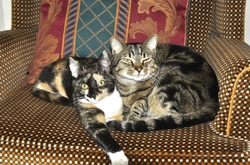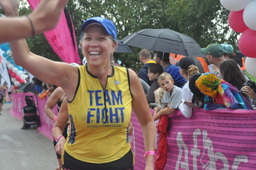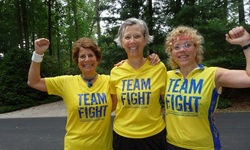by Nissim Amon
A coral reef is a place full of life and vibrant colour, where hundreds of different species of fish and plants live free of the need to criticize each other. Although an immense variety of life exists there, every plant knows its place and each and every fish knows exactly where it belongs. Once in a while a human diver appears with a mask and air-tanks, and like everybody else down there, he is not critical either. The diver enjoys being a visitor to the underwater world, observing the richness and beauty of Nature without judgment.
Things change the moment the diver steps out of the water and back onto dry land. Dry land accommodates an infinite variety of humans, humans however seem to have innumerable opinions about each other, so the game of criticizing one another, is one of their most favourite pastimes.
On the human reef, we sit on small balconies, observe our neighbours and complain: the octopus is a mess, the crab is an idiot, the jellyfish is spineless, the silver fish is obsessed with glamour, the eel is too slippery, and all the shallow water fish are limited and without depth. This takes place, in every house, in every city, all over the world.
Criticism is so widely spread that some consider it the ultimate social skill and are constantly polishing their expertise. They are unaware that the stronger the stream of criticism flows, the further happiness drifts away....
Two thousand five hundred years ago, the Buddha gave a small discourse on criticism. He said that while it is easy to observe and point out other people's faults, it is extremely difficult to see one's own. He also said that most people hide their faults, like a dishonest gambler hides unlucky cards. The Bedouins of the desert have a similar saying – A camel cannot see his own hump!
So how can we see our own humps? To solve this riddle we must realize that we are not able to criticize our own humps, because the hump is the very place where criticism comes from.
When we discover "what is wrong" with other people, we criticize them, but this criticism is entirely of our own fabrication, and it has nothing much to do with the people themselves. Our shortcomings, flaws and negativity are a reflection or projection of ourselves on others. Our hump is what criticizes other people for having a bigger hump.
This inner voice, residing in our transparent hump, guarantees its survival thanks to the satisfying feeling we get from patronizing others. It specializes in finding their faults and feeds off the elation the feeling of superiority gives us.
If we lack a sense of self-worth, criticism becomes our way of avoiding self-examination. Becoming aware of this is an important step in the right direction.
The next step is to have the courage and fortitude to remove the hump and consciously rid our lives of obsessive criticism. Not only must one decide to do this, which is a huge step in itself, it is imperative to constantly remind ourselves not to falter on this decision. Try writing yourself little notes and stick them on all the mirrors in your house, make it a conscious effort - because it is so very easy to go back to criticizing everything again.
Your hump has a knack of playing tricks on you by telling you that you have a good sense of self-criticism, don’t be deceived by this. It is a very common deception. All forms of criticism come from the same hump....
When the positive spotlight is turned within it has nothing whatsoever to do with condemnation, disapproval or judgement. When YOU look inside of yourself, it is called wakefulness, mindfulness and awareness, not criticism.
The realization that you are neither superior nor inferior to anyone is a very high spiritual achievement. When this understanding is no longer purely intellectual but goes to the deepest level of your heart, it will give you the freedom that you seek, and also allow you the freedom of letting everyone else, be exactly who they are and whatever they choose to be.
The person who doesn't feel he is superior behaves without pretension and one who knows that he is not inferior feels no fear.
"One hundred percent ordinary,
Is extra-ordinary.
From moment to moment,
Without judgement,
The truth we seek is reality itself."
-Nissim Amon




 RSS Feed
RSS Feed
